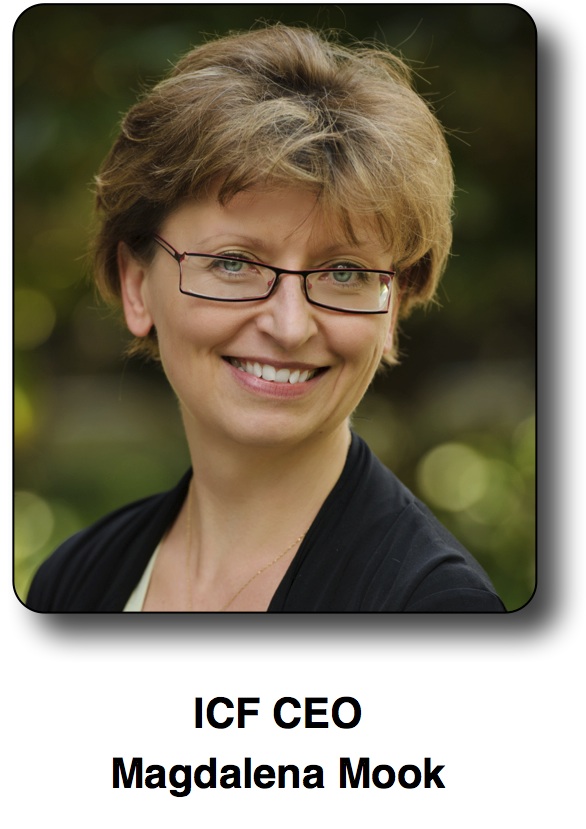What It Takes to Go Global
Authors for the the Harvard Business Review (HBR) Douglas Quackenbos, Richard Ettenson, Martin S. Roth and Seigyoung Auh recently published an article about which internal traits firms and managers share that allow them to successfully exploit international markets.

According to the authors, successful companies;
- Reviewing international initiatives at all major internal meetings
- Assuring that global managers and leaders have titles conveying the roles’ significance
- Cross-pollinating HQ and international leadership
- Aggressively training staff
- Hiring required external skill sets
- Blending internal company experts with the international team
- Making sure all stakeholders understand international opportunities often differ in size from markets in the current portfolio
- Ensuring internal awareness of objectives and pilots
- Adjusting the geographic footprint of the initiative to ensure internal significance or avoid overwhelming the organization
- Educating HQ on prevailing target-market standards
- Training and sensitizing stakeholders on cultural differences
- Proving the “business case” for the initiative despite different overseas standards and practices
- Benchmarking competitive practices in country to ensure willingness to compete
- Encouraging open discussion of potential knowable issues
- Clarifying objectives and “deal breakers” before entry
- Considering strategic objectives versus only financial ones
- Recognizing that market success may only have a modest impact on the overall business
- Remembering that deviations from forecasts are to be expected when navigating unfamiliar territory
- Clearly and consistently communicating commitment to the international strategy
- Publicly reinforcing stated goals
- Avoiding “public punishment” of players in failed initiatives
The findings of the researchers in the corporate world provide insights and parallels that can easily be applied to trade and professional associations.
It reinforces what our own research has shon use for more than 20 years; organizations that have a well developed international strategy and that implement that strategy consistently outperform organizations that do not.
Interested?
Take the Global Griowth Trends survey and we will send you a full report that you can then use to benchmark your organization.





